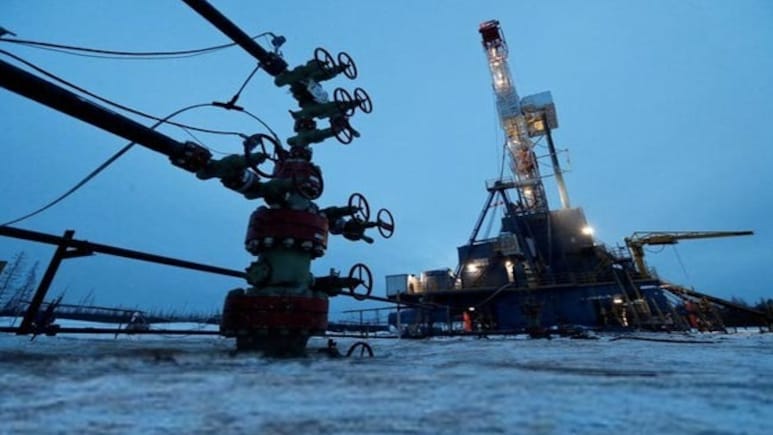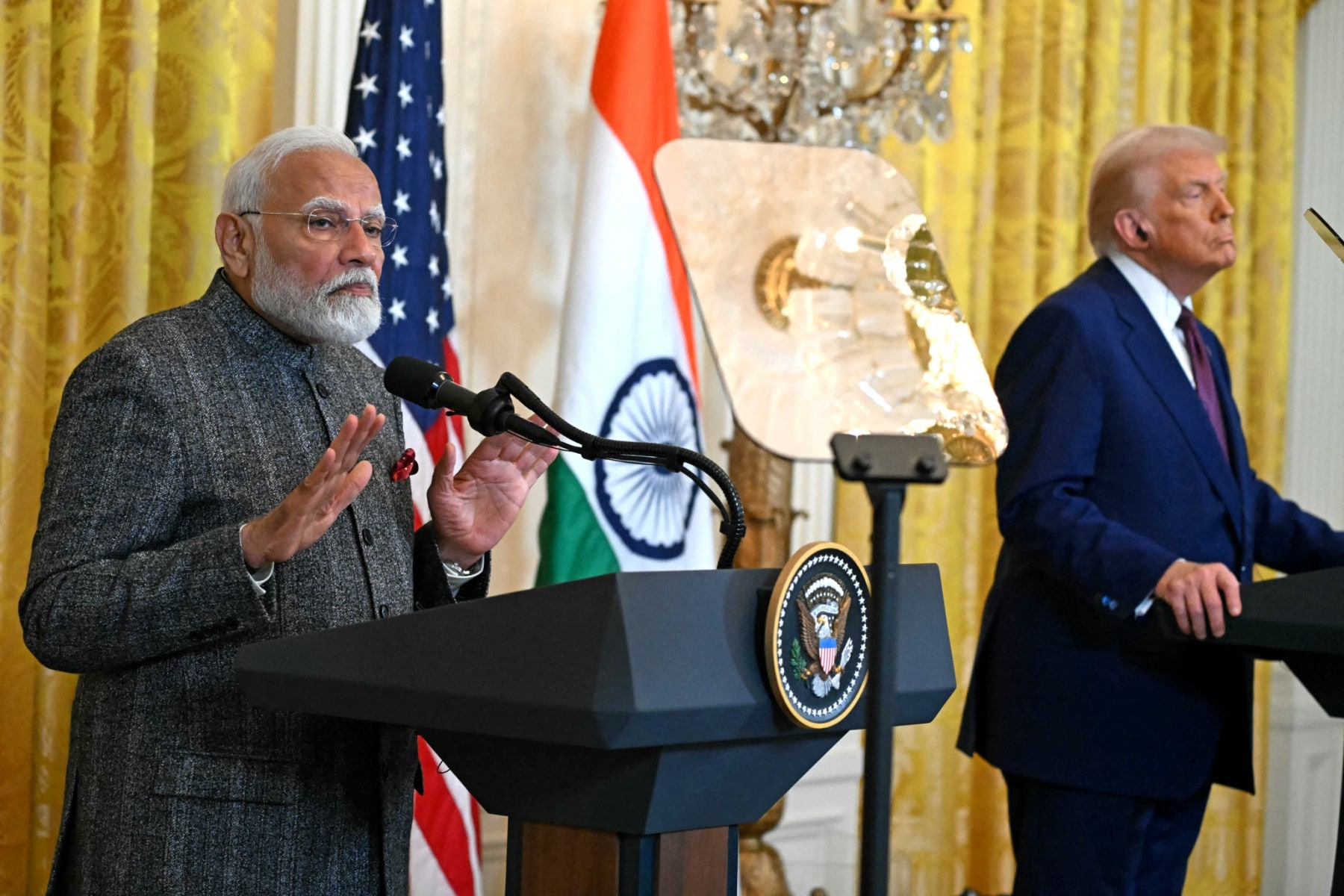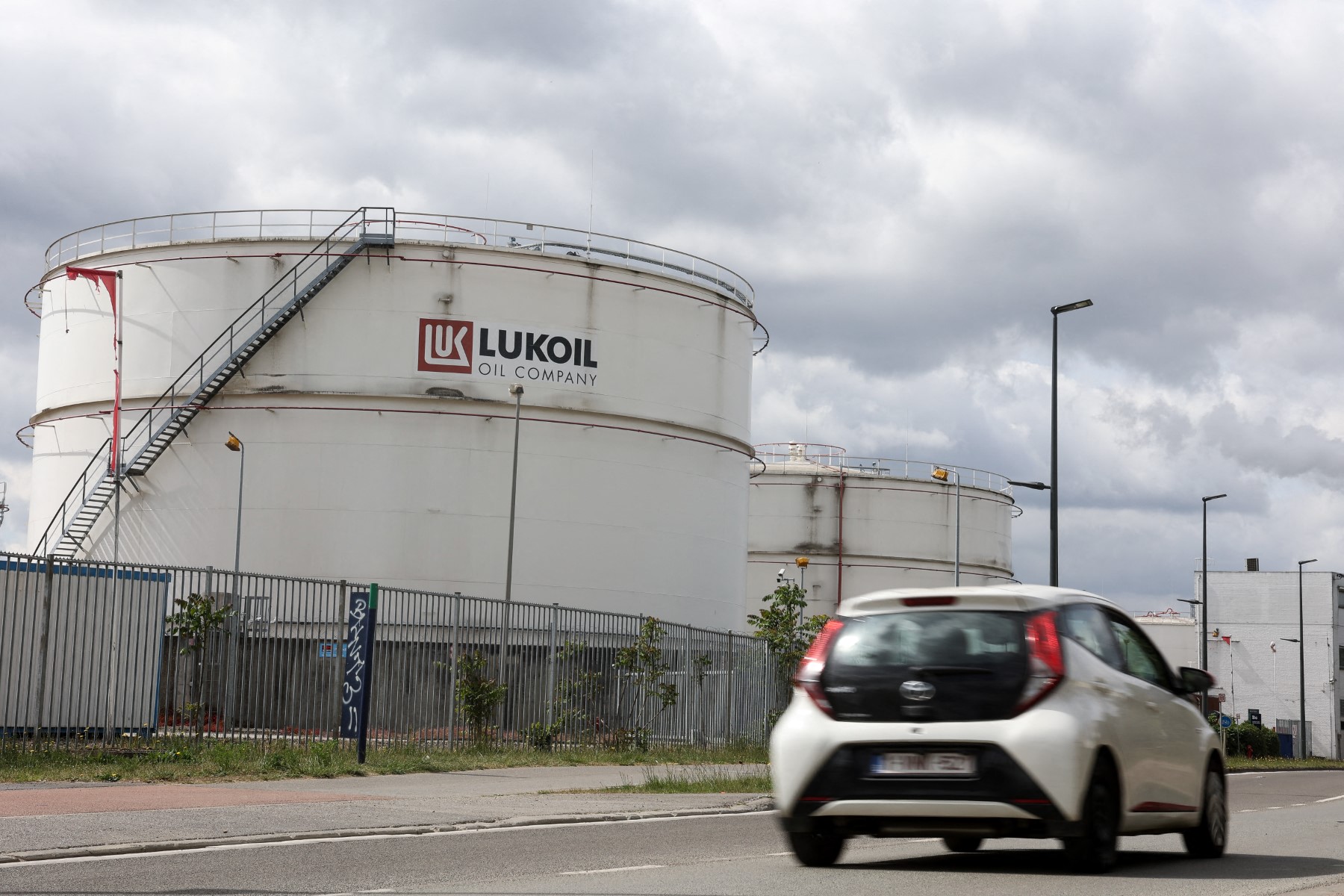
- US President Trump has sanctioned Russia's two largest oil firms, Rosneft and Lukoil, over Ukraine war
- China and India are major buyers of Russian crude
- Sources claim Indian firms are reviewing purchases amid sanctions
US President Donald Trump has slapped "tremendous" new sanctions on Russia's two largest oil companies in a bid to pressure his Russian counterpart, Vladimir Putin, into ending the war in Ukraine. The US sanctions target Rosneft and Lukoil, Russia's two largest oil companies that help fund the Kremlin's "war machine", according to US Treasury Secretary Scott Bessent.
"Given President Putin's refusal to end this senseless war, Treasury is sanctioning Russia's two largest oil companies that fund the Kremlin's war machine," Bessent said in a statement.
US sanctions came a week after Britain sanctioned Rosneft and Lukoil. Separately, EU countries approved a 19th package of sanctions against Russia for the war that includes a ban on imports of Russian LNG. The US has also called on Japan, also a major buyer of Russian LNG, to halt its energy imports from Russia.
The US said it was prepared to take further action against Russia as it called on Moscow to agree immediately to a ceasefire in its war in Ukraine. US President Donald Trump has so far refrained from imposing sanctions on Russia over the war, relying instead on trade measures.
ALSO READ: "President Is Disappointed": US Sanctions Russia's 2 Largest Oil Firms
Impact Of Sanctions On Russian Oil Buyers

AFP
The new sanctions are likely to impact the Russian economy, as taxes from the oil and gas industries account for about a quarter of Moscow's federal budget. But their ripple effect could be felt far beyond Russian territory, impacting Moscow's global crude trade as Washington increases pressure on the region to phase out Russian supplies.
Oil and gas are reportedly Russia's biggest exports, with China and India being its customers. Together, Beijing and New Delhi make up the majority of Moscow's energy exports.
Last year, China bought a record of over 100 million tonnes of Russian crude oil, which accounted for almost 20 per cent of Beijing's total energy imports.
Likewise, India has become the biggest buyer of discounted seaborne Russian crude in the aftermath of Moscow's 2022 invasion of Ukraine, importing about 1.7 million barrels per day in the first nine months of this year. Trump has imposed a 25 per cent punitive tariff on goods from India in retaliation for such imports.
ALSO READ: "It's A Process": Trump Reiterates Claim On India's Russian Oil Imports Amid New Sanctions
However, Trump has claimed that Prime Minister Narendra Modi had assured him that Delhi "was not going to buy much oil from Russia" as he too "wants to see the war end with Russia-Ukraine". New Delhi has, however, maintained that its priority is to safeguard the interests of the Indian consumers in a volatile energy scenario.
Edward Fishman, a former senior State Department sanctions official, noted that the significance of the new US sanctions depends on what happens next.
"How big depends on follow-through: will the US actively threaten secondary sanctions on the Chinese banks, UAE traders, and Indian refineries that transact with Rosneft/Lukoil?" he wrote on X.
"I expect, at the very least, some pullback from dealings with Russian oil in the short term. Whether this marks a long-term, strategic squeeze on Russia's oil revenues -- the lifeblood of Putin's economy -- will depend on the US commitment to active, ongoing enforcement," he added.

AFP
Meanwhile, citing sources, news agency Reuters reported that Indian state refiners were reviewing their Russian oil trade documents to ensure no supply would be coming directly from Rosneft and Lukoil after the US sanctioned the companies.
According to the reports, state refiners, including Indian Oil Corp, Bharat Petroleum Corp, Hindustan Petroleum Corp and Mangalore Refinery and Petrochemicals, were reviewing bill of lading documents for Russian crude arriving after that date to make sure it is not coming directly from Rosneft or Lukoil.
The companies have not issued any statement on the matter yet. Indian state refiners, anyway, rarely buy Russian oil directly from Rosneft and Lukoil, as their purchases are typically done through intermediaries, trade sources said.
ALSO READ: Have Developed "Strong Immunity" To US Oil Sanctions: Russia
Russia's Reaction
Russia said that new US sanctions on its oil industry risked hurting diplomatic efforts to end the Ukraine war, and that it had developed a "strong immunity" to them.
"We view this step as being entirely counterproductive, including in terms of signalling the need to achieve meaningful negotiated solutions to the Ukrainian conflict," Russian foreign ministry spokeswoman Maria Zakharova told a weekly briefing.
"Our country has developed a strong immunity to Western restrictions and will continue to confidently develop its economic potential, including its energy potential," she added.
Track Latest News Live on NDTV.com and get news updates from India and around the world

